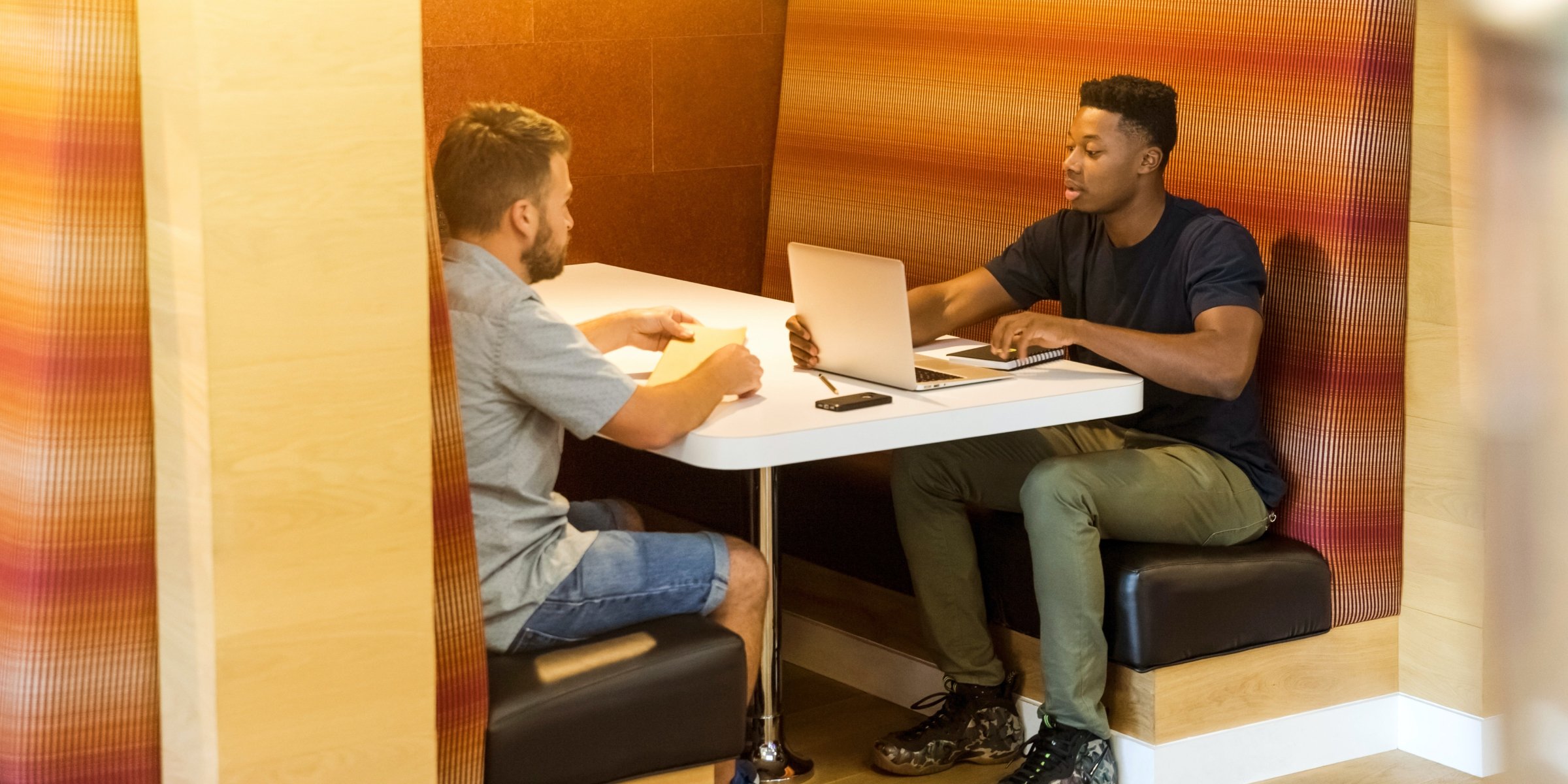
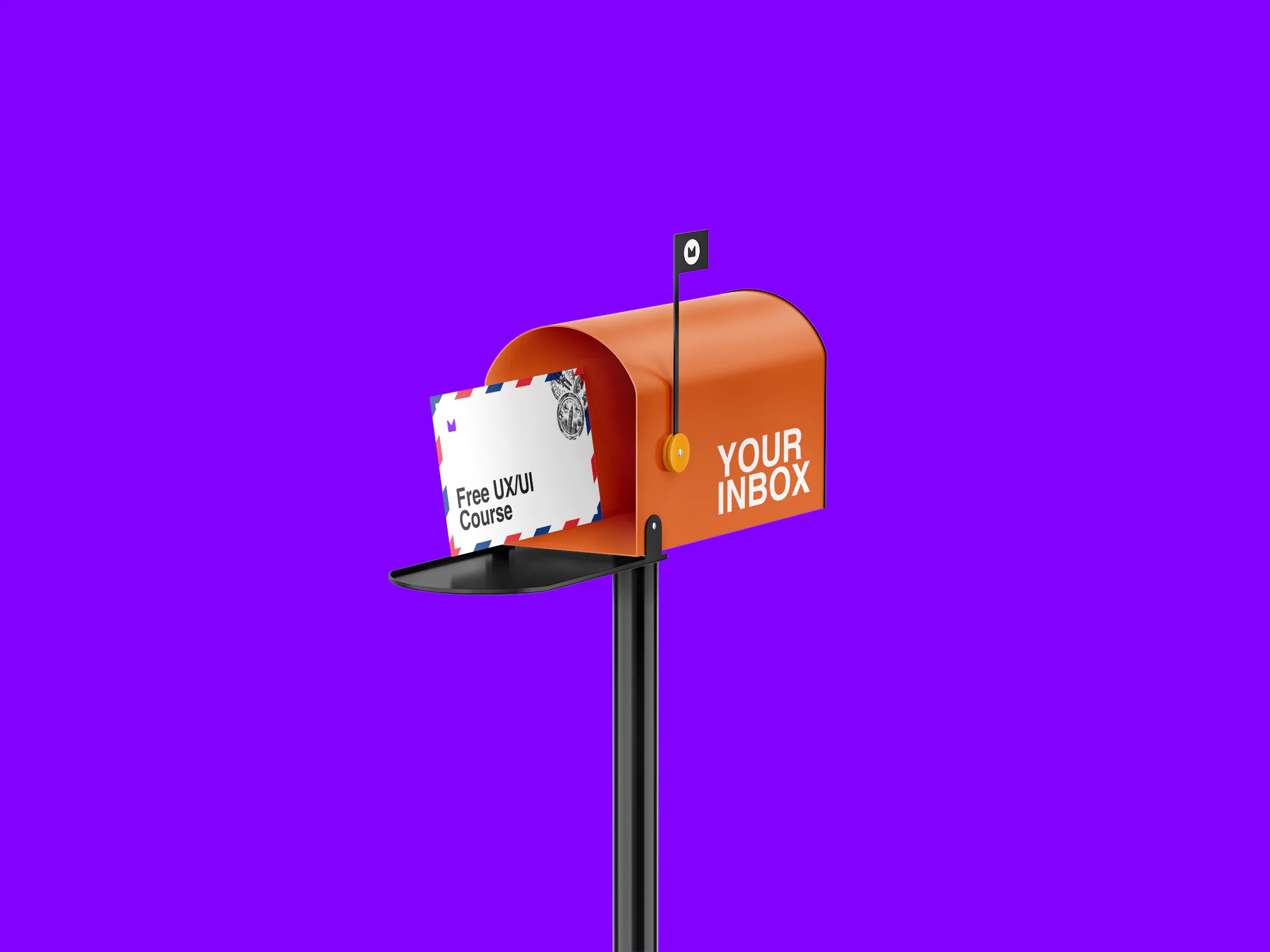
Get a Free UX/UI Course in Your Inbox Every Day for 15 Days
By the end of this three-week crash course, you'll have a much better understanding of the tech industry, the design craft, and all the knowledge you need to start building your career.

Get a Free UX/UI Course in Your Inbox Every Day for 15 Days
By the end of this three-week crash course, you'll have a much better understanding of the tech industry, the design craft, and all the knowledge you need to start building your career.

Have you ever felt like you needed years of experience to become a mentor? I know; I've been there. Until I discovered that mentorship is about sharing your knowledge and experiences, offering a different perspective, and providing support and guidance. It's not about having all the answers at any given moment.
While experience is a must when talking about paid education programs or Bootcamps where you want to receive the best expertise, this doesn't exclude fresh Designers from lending a hand when needed and sharing their experience. Let's dive into the world of mentorship, unlock its full potential and dispel some of the myths around it.
Let's start with smashing one of the most common fears.
Before you let self-doubt take the reins and think you are too junior to do this, remember that there will always be people who know less or have achieved less than you and could benefit from your help.
There's always an opportunity to teach someone, share your knowledge, and support them through challenging times. There is a common misconception that Mentoring someone is solving their design problems, showing them patterns to use, or giving advice on a suitable typeface or color. While this can be a part, it's not only that. Mentorship is about guidance, about being a travel partner, not a travel agency.
✅ Did you just start learning Design? Many others are contemplating this change: some might not find the courage to take the leap, and others are unsure where to start. As a person who went through this process, I'm sure you can support them and share your experience. Start small.
✅ Did you just get your first Design job? Congratulations, I'm sure you have a lot of stories to tell. Why not help others who are going through the motions at this very second? By sharing your process and your approach, you will not only help them, but you might poke some holes into your logic as well. You might identify areas that could have been done better or where you made mistakes.
✅ Did you just become a Senior Designer? Someone out there is looking up to you, who needs advice and support, and whose day you can change by providing your expertise.
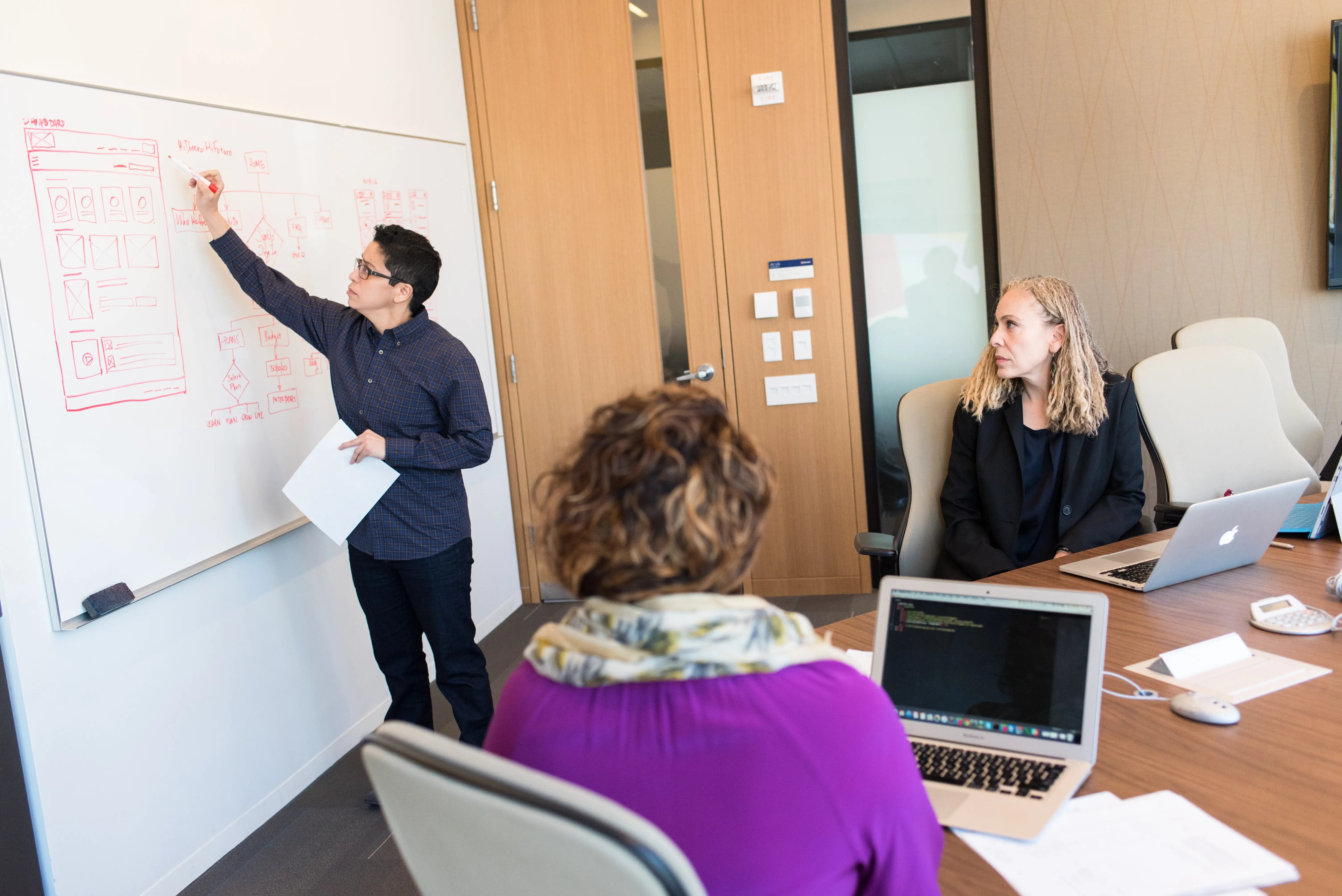
Ok, so now you are more confident you can do it. But why go through all this effort and take on some extra responsibility? Mentoring someone can be challenging. Providing mentorship has tons of benefits, which will not only skyrocket your career but also contribute to your growth as a person.
As a Designer, it's impossible to know it all. The design world is constantly evolving, and with each new challenge and opportunity comes the chance to learn something new. Mentoring others gives you this chance, to expand your knowledge and dive into uncharted territory. You'll run into design problems and constraints you never thought of before and get a unique glimpse at how other designers approach their work.
Best of all, this kind of growth and learning is impossible in a typical 9-5 job. By mentoring others, you open yourself up to a wealth of information that can broaden your understanding of your craft and help you connect the dots in ways you never thought possible.
Mentorship is about more than just helping someone optimize their UI or nail their next UX design project. Knowing your values and being self-aware is crucial to being a successful mentor. This requires being honest with yourself, preparing yourself, and reflecting on who you are and what you stand for.
When you get to share your values with someone else, you not only help them understand your perspective but you also become more aware of them, how they shape your life. This can lead to a greater sense of purpose and drive to live up to those values on a daily basis.
Mentorship is a two-way street that benefits both the mentor and the mentee. When you become a mentor, you not only have the opportunity to help someone grow, but you also get to start a process of self-discovery. As you share your knowledge and experiences with your mentee, you'll gain a newfound appreciation for your own expertise, as well as areas of improvement. This realization can be life-changing and help you better understand your strengths and weaknesses.
By identifying areas for improvement, you'll be able to set things in motion and work on developing new skills. This, in turn, will help you to become a better designer, a better problem-solver, and a better communicator. And the best part is, you would have never been aware of these opportunities for growth if you hadn't started mentoring someone else.
Additionally, you'll be pushed out of your comfort zone by actively guiding and supporting your mentee. You'll be challenged to see problems in a different light, find new solutions, discover new industries or ways of working and develop a wider range of skills. This will ultimately make you a more well-rounded professional. Mentoring someone can be motivating, helping you stay engaged and driven in your career.
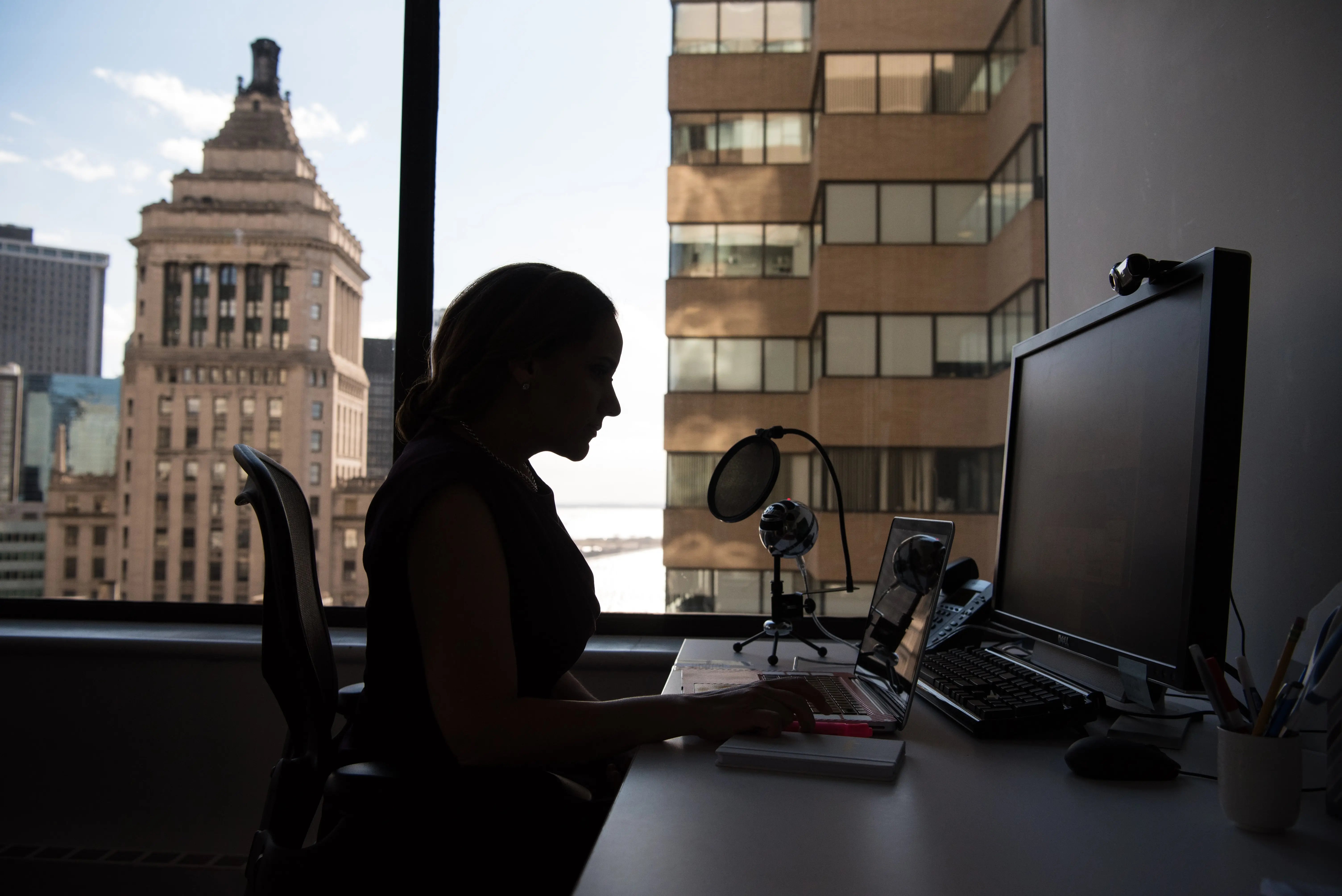
Now that you know how mentorship can impact your career, let's answer the question on everyone's lips: How do I become a mentor? Well, the answer is more simple than you would expect.
No secret society grants you the right to be a mentor. You start being a mentor when you choose to do so. It's a choice, and the only barriers we have are self-imposed by fear or lack of interest. Ok, but how do I get people to reach out to me as a mentor?
If you are still trying to learn how to swim, don't throw yourself into the ocean yet. Start with a pool. Lend a hand to other Designers in your company, or if you are still a Design student, to your peers. You can always reach out to others to support them with their project or show them your work. There is an inspiration in everything.Also, as we discussed before, mentorship doesn't need to be about the Design process. You can support someone struggling with time management, presenting their work, applying to jobs, or staying consistent. Especially as a junior Designer, you can start with this.
We all love a good movie like "Dead Poets Society" or "Karate Kid," but the truth is, the mentorship dynamic has changed over the past years, similar to the working conditions. As more and more people shifted towards a remote work environment, so did mentorship sessions. But beyond sessions conducted via Zoom, you can still reach people asynchronously and be a mentor without even realizing it.
Have you ever come across an article that was exactly what you needed, providing motivation and inspiration? If so, you've experienced the power of mentorship. Sharing your knowledge and experiences online can have a profound impact on others and help them grow. By talking about your struggles and how you overcame them, you can help more people than you think.
You can announce your intention on your LinkedIn profile, post about being open to it, or sign up on platforms like ADP List. There are a lot of UX groups with people looking for feedback and guidance on their Design journey. Be there for them, reach out, and make yourself available. You'll make a difference in no time.
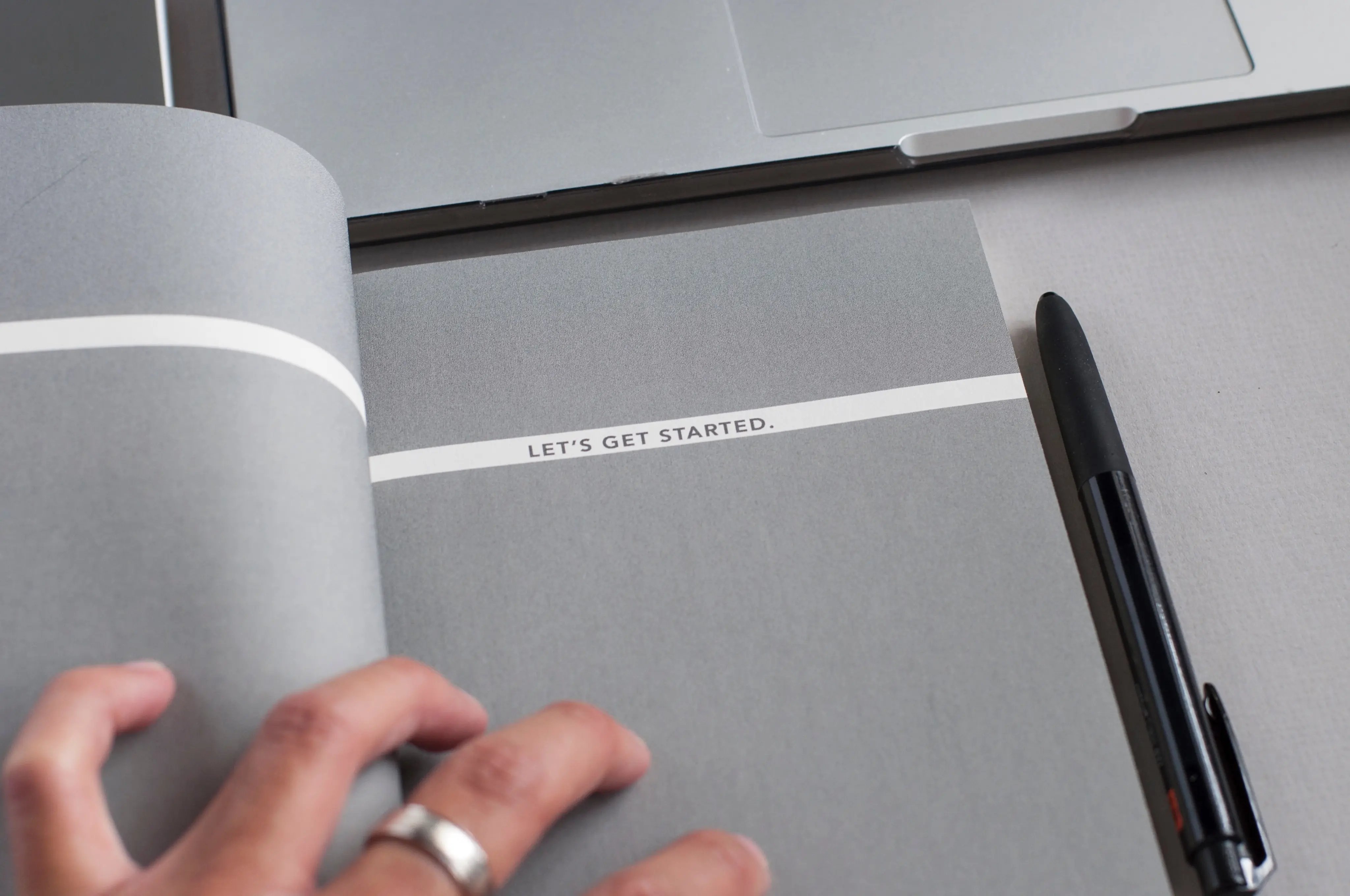
Mentorship is not only a valuable tool for personal and professional growth, but it's also incredibly fulfilling. As one mentee put it, "This was the best call of my career." So, if you're looking for a way to positively impact others while becoming more self-aware and growing as a Designer, then mentorship is for you. Take the leap; you won't regret it!